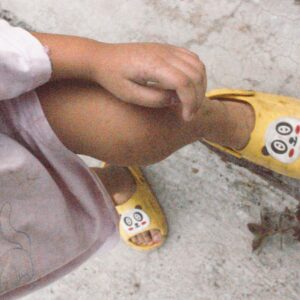document.addEventListener("DOMContentLoaded", function() {
// run only on archive/category pages
if (!document.body.classList.contains("archive") || !document.body.classList.contains("category")) return;
const emojis = [
"🧸","🎈","🍭","🪁","🐻","🐼","🐨","🦄","🍦","🐰",
"🌼","🌸","🌺","🌻","🌷",
"🎨","🛷",
"🍉","🍓","🌈"
];
const articles = document.querySelectorAll("article.type-post");
articles.forEach((article, i) => {
// assign one emoji per article
const randomEmoji = emojis[Math.floor(Math.random() * emojis.length)];
// build and encode SVG containing the emoji
const svg = `<svg xmlns="http://www.w3.org/2000/svg" height="100" width="100">
<text y="80" font-size="80">${randomEmoji}</text>
</svg>`;
const encoded = encodeURIComponent(svg);
// make a unique class for this article
const className = `emoji-cursor-${i}`;
// create a style rule that applies the cursor to the article AND ALL ITS CHILDREN
const styleEl = document.createElement('style');
styleEl.textContent = `.${className}, .${className} * { cursor: url("data:image/svg+xml;utf8,${encoded}"), auto !important; }`;
document.head.appendChild(styleEl);
// toggle the class on hover so the cursor appears/disappears reliably
article.addEventListener('mouseenter', () => article.classList.add(className));
article.addEventListener('mouseleave', () => article.classList.remove(className));
});
});
Categories
emoji cursors!







